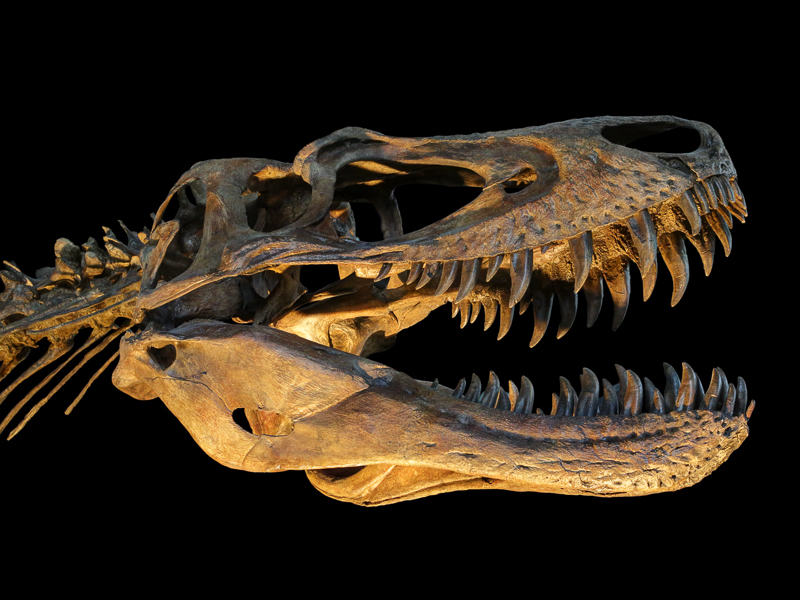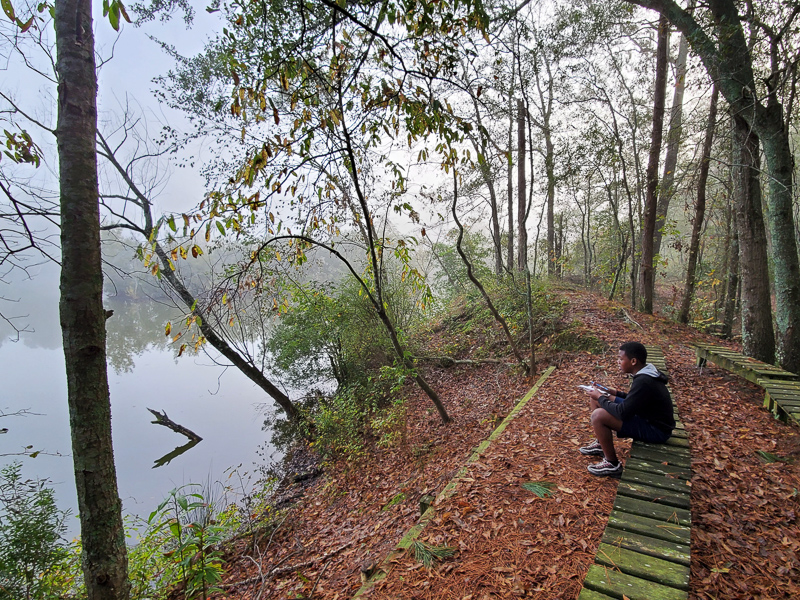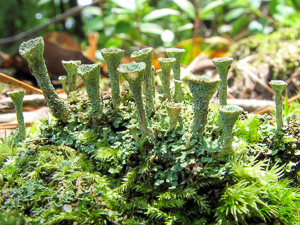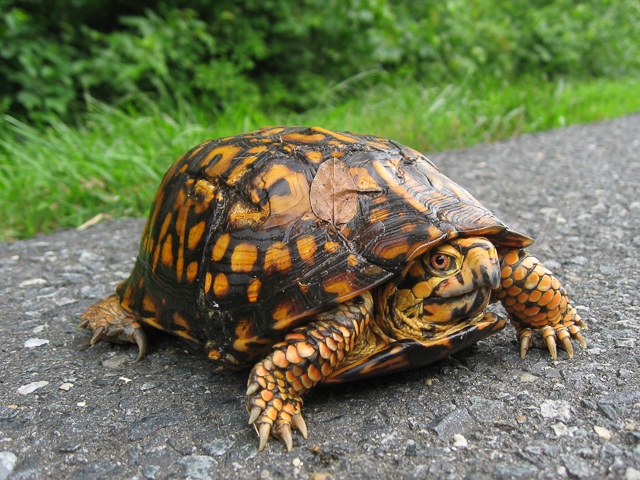
Ask a Naturalist: Sponge Blog
December 2, 2020
What image comes to mind when you hear the word “sponge”? A brightly-colored rectangle used to clean dirty dishes? An adorable, yellow cube-shaped, pants-wearing cartoon character? A beautiful, living animal found attached to a tropical coral reef? Frankly, none of those options popped into my head when I saw the greyish blob in the photos… Read More >

T. rex had a teenage growth spurt — but not all dinos did
November 30, 2020
CNN — Researchers have long known that the meat-eating Tyrannosaurus rex had a teenage growth spurt, gaining around 35 to 45 pounds per week, to reach its colossal size. But up until now, it hasn’t been clear whether all dinosaurs shared this growth pattern. Was a T. rex-style period of extreme growth the only way… Read More >

NC Museum of Natural Sciences establishing two new branches in Pitt County
November 24, 2020
The new NC Museum of Natural Sciences at Contentnea Creek is a 400-acre outdoor learning center in Grifton. Raleigh, N.C. – Through an innovative partnership between the North Carolina Museum of Natural Sciences and A Time for Science, the Museum is establishing two new branches in Pitt County. The NC Museum of Natural Sciences at… Read More >

Nature Now! Liking Lichens
November 19, 2020
Pixie cups: a type of squamulose lichen. I like lichens! Anybody who has been on a hike with me knows that. I am quick to fall on my hands and knees to marvel at some lichen along the trail that most people would walk by and never see. I am not so quick to get… Read More >

What’s THAT? Ask a Naturalist!
November 18, 2020
Eastern Box Turtle | Rat-tailed Maggot | Batfish | Mystery Crystals | Glowworms | Pokeweed | Grass Carp Teeth | Eastern Dobsonfly | Armored Mudballs | Marine Bristle Worm | Black Widow Spiders | Clematis | Hawks at Your Birdfeeder | Fossil Shark Teeth | Copperhead vs. Ratsnake | Baby Orb Weaver Spiders | Hammerhead… Read More >

